-
How a watch could save your life on a hot day

Project Coolbit, is an ongoing investigation that aims to create a personalised approach to assessing thermal comfort and preventing health complications during extreme heat events. It is research that could not only save the lives of individuals but may also change the way we design future cities.
-
Research brief: New protocol aims to improve the quality and communication of extreme event attribution
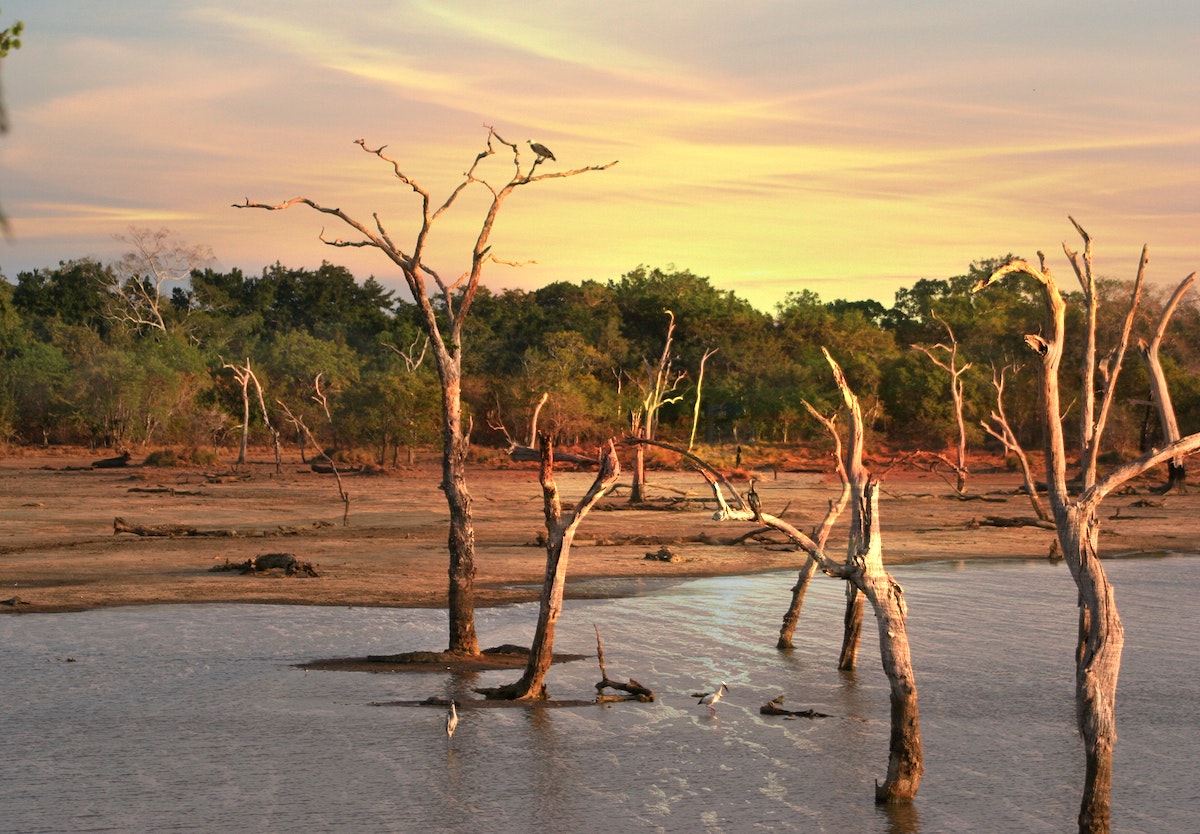
This paper aims to catalogue the steps the authors have found make up a successful framework for event attribution analyses. The hope is that this paper will be useful for those considering how to undertake such work themselves and to highlight some of the potential issues and pitfalls that can arise along the way.
-
Record Breakers: What causes the longest, largest and most intense ocean heatwaves

In a new study published in Nature Scientific Reports, a group of oceanographers, atmospheric scientists, ecologists and fisheries experts got together to identify the most severe marine heatwaves over recent decades. The objective was to understand what triggered these events and led to their ultimate demise.
-
Research brief: New climate sensation scale can tell you how you feel
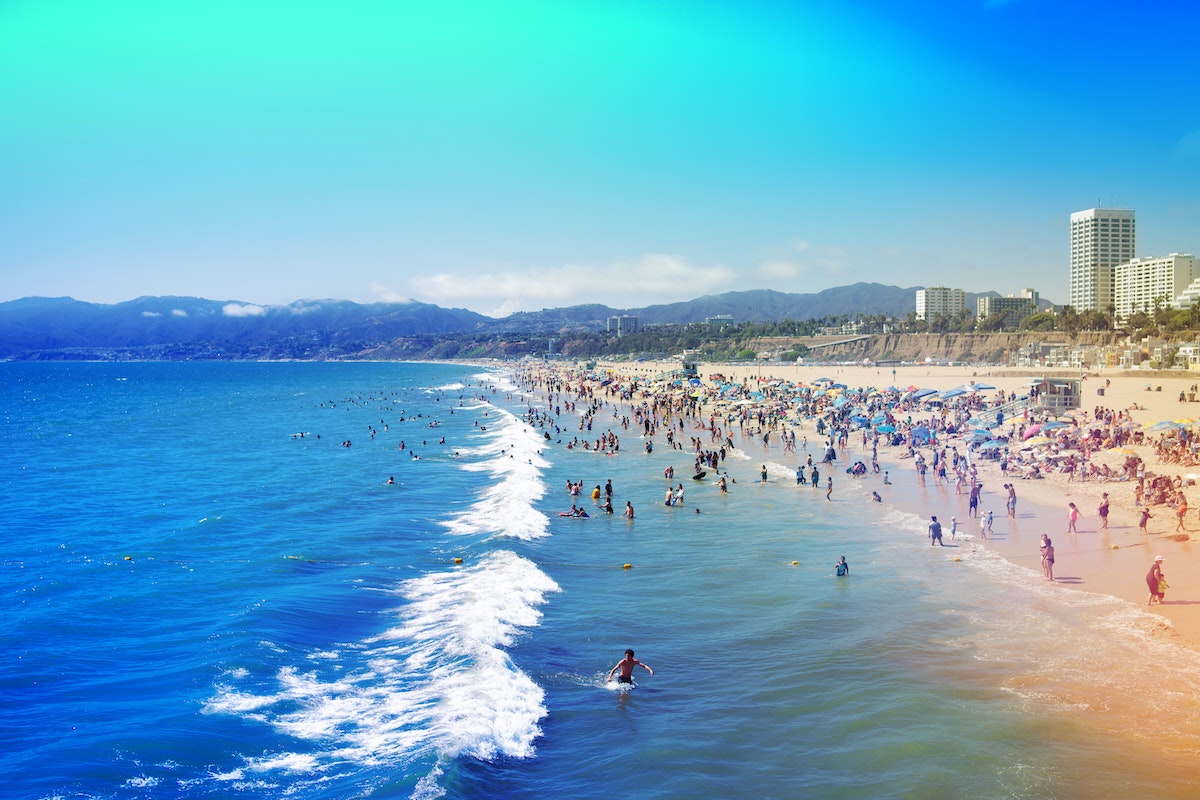
CLEX researchers and colleagues have developed a new six-dimensional semantic space to describe sensations and comfort outdoors.
-
Research brief: IPCC review reveals climate impacts occur at lower temperatures than previously thought.
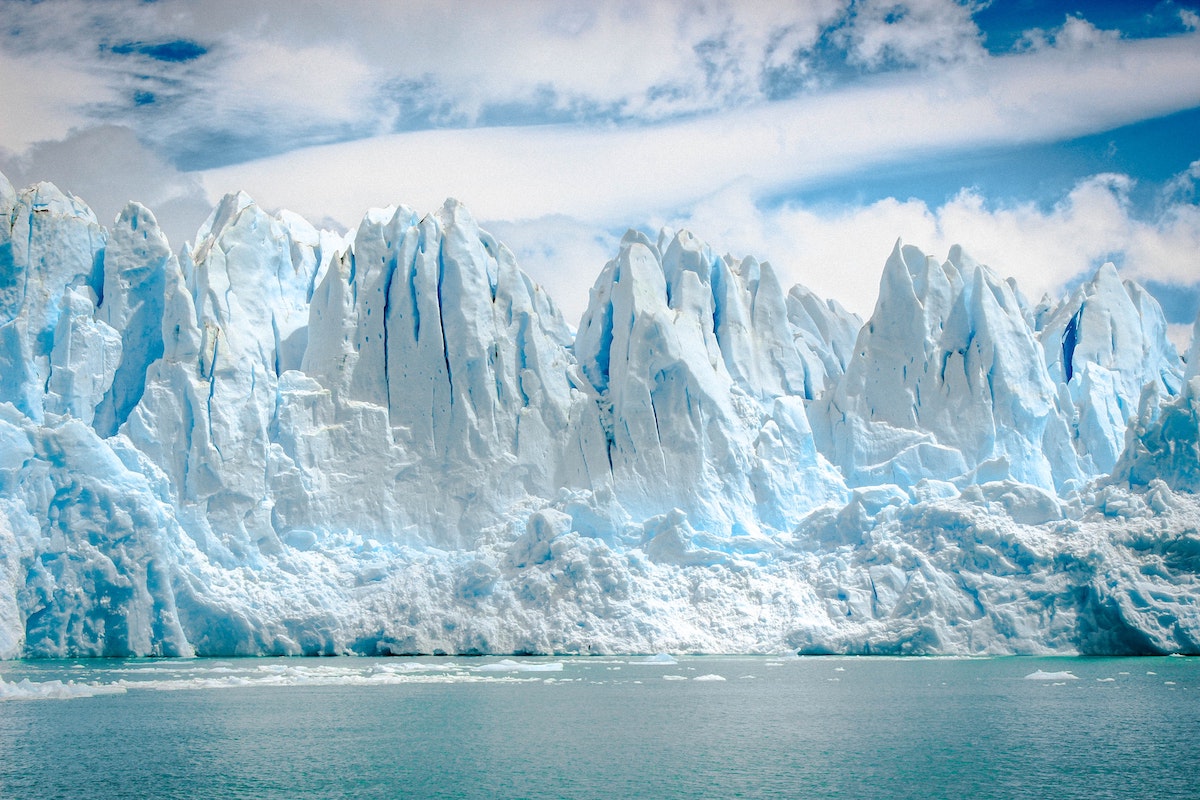
An international review of IPCC reports since 2001 has found that as the science has improved with each report, a trend has appeared showing climate related impacts like heatwaves, the collapse of the West Antarctic ice sheet and coral bleaching are likely to occur at lower global mean temperatures than estimated in earlier reports.
-
How climate change impacts prescribed burning days
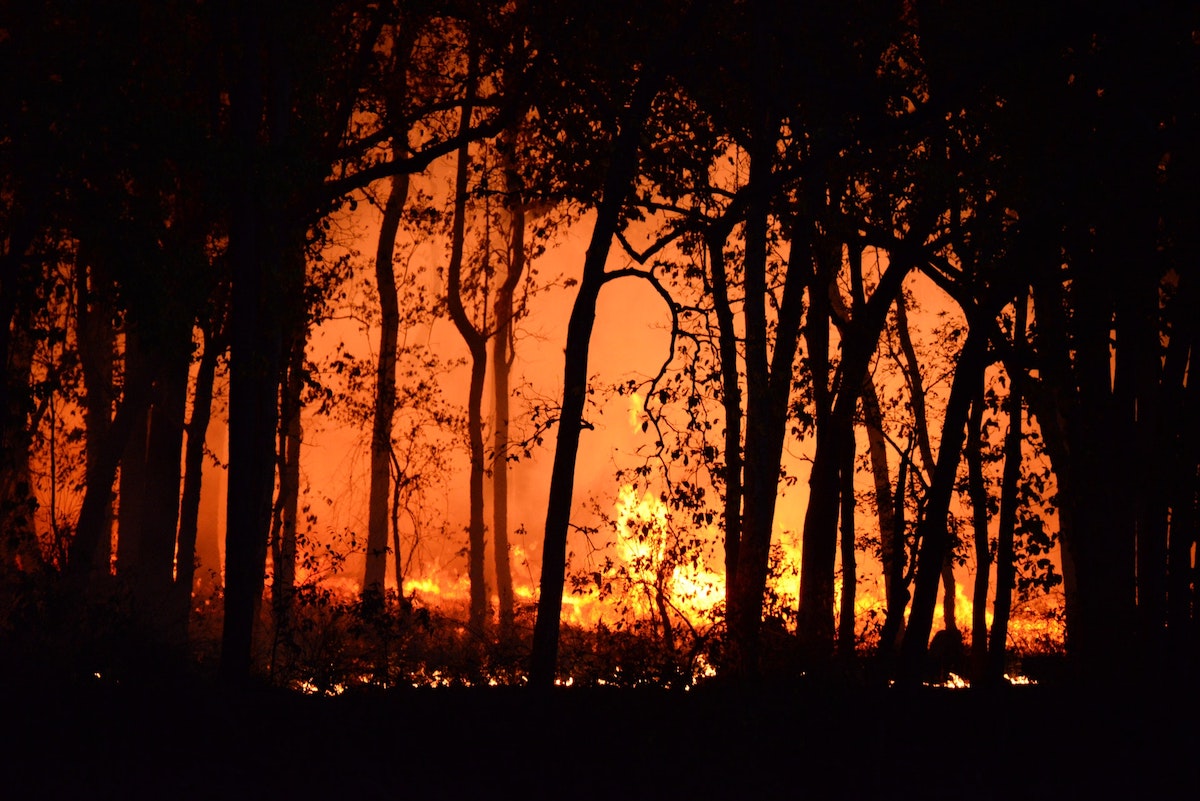
Climate change will affect prescribed burning days in the future. Unexpectedly, it is not all bad news, but as the coming century progresses there are definitely changes ahead for our firefighters in Australia when it comes to preparing for a fire season, especially along the east coast of Australia.
-
Need for prediction of marine heatwaves

CLEX researchers and colleagues have highlighted the need for the development of systems to predict marine heatwaves, which are a growing threat to marine ecosystems and industries as the climate changes.
-
Research brief: Decomposing temperature extremes errors in CMIP5 and CMIP6 models
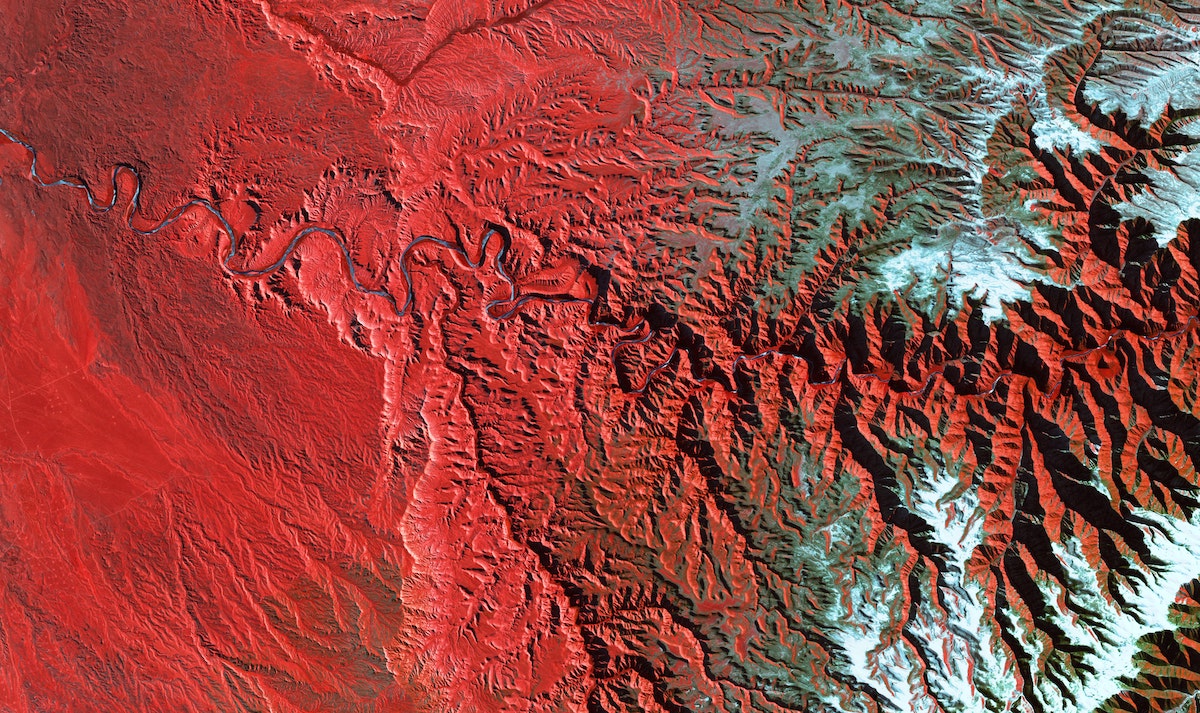
CLEX researchers addressed the error compensation issue for temperature extremes by defining a novel performance metric that identifies those models that can simulate temperature extremes well and simulate them well for the right reasons.
-
Marine heatwaves affecting the ocean’s tiniest organisms
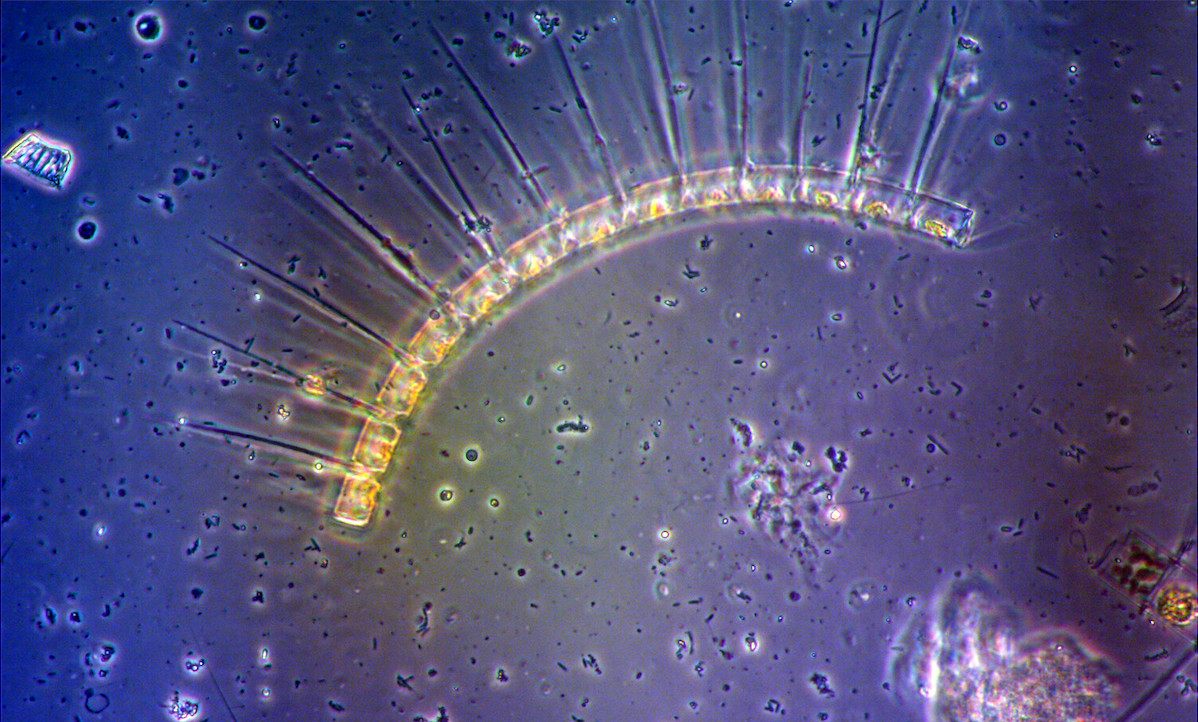
Tiny microbes at the base of the ocean food chain will be increasingly affected by marine heatwaves as the climate changes.
-
Heatwave trends accelerate worldwide

The first comprehensive worldwide assessment of heatwaves down to regional levels has revealed that in nearly every part of the world heatwaves have been increasing in frequency and duration since the 1950’s. The research has also produced a new metric, cumulative heat, which reveals exactly how much heat is packed into individual heatwaves and heatwave…
